Reference Request Letter Template from Employer
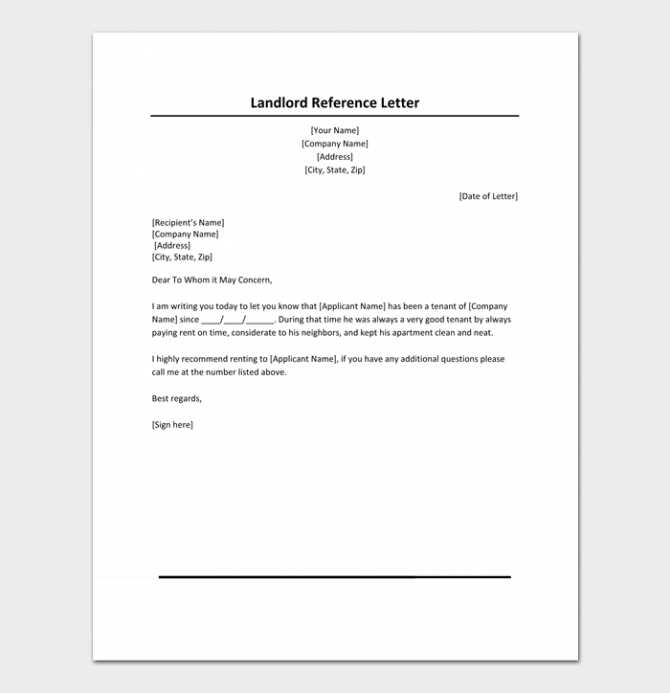
When seeking support for career advancement, it is essential to communicate your need for a professional endorsement. A well-crafted communication can open doors and ensure that your request is met with understanding and respect. This type of correspondence serves as a formal appeal, requesting validation of your qualifications, character, and work performance.
Clarity is crucial in such a message. By outlining your expectations and providing relevant details, you can ensure that the response aligns with your goals. An organized approach will not only facilitate a smooth process but also demonstrate your professionalism.
Throughout this article, we will explore how to structure such a communication effectively, focusing on the tone, the necessary components, and the most effective strategies to ensure success in receiving a positive reply. Whether you are contacting someone you have worked closely with or someone with whom your relationship was more formal, the principles remain consistent: clarity, respect, and professionalism are key.
Effective Communication for Professional Endorsement
When seeking a professional endorsement, it is important to approach the matter with clarity and respect. This type of formal appeal can be vital in advancing your career or securing new opportunities. Crafting a clear and concise communication ensures that the recipient understands your needs and can respond appropriately, providing you with the necessary validation of your skills, character, or previous achievements.
The following is an outline of the essential elements that should be included in such a formal request:
| Component | Description |
|---|---|
| Introduction | Begin by addressing the recipient professionally, expressing your intention for seeking their support. |
| Purpose | Clearly state why you are asking for this endorsement, mentioning the context (e.g., job application, career advancement). |
| Details | Provide relevant information or achievements that can help the recipient recall your strengths and qualifications. |
| Specific Request | Specify exactly what you would like them to address or highlight in their response. |
| Closing | Express gratitude for their time and consideration, and provide your contact information for follow-up. |
By structuring your communication around these key components, you ensure that it remains focused, respectful, and effective in achieving your desired outcome. A well-crafted message not only increases the likelihood of receiving a positive response but also strengthens your professional relationships.
Understanding the Purpose of a Request
When seeking support or validation for your professional capabilities, the intention behind the communication plays a crucial role in its effectiveness. The goal is to obtain a formal acknowledgment of your skills, work ethic, and past performance, which can assist you in future endeavors such as job applications or career advancement.
Clarity is essential in conveying the reason behind the appeal. You must be explicit about why you are seeking assistance and how it can benefit your career. This ensures the recipient understands your needs and can provide a response that aligns with your objectives.
It’s important to understand that such formal appeals are not just about asking for a favor but about reinforcing a professional relationship built on mutual respect. By making the request clear and specific, you are setting up an opportunity for positive collaboration in the future.
Essential Elements to Include in Your Letter
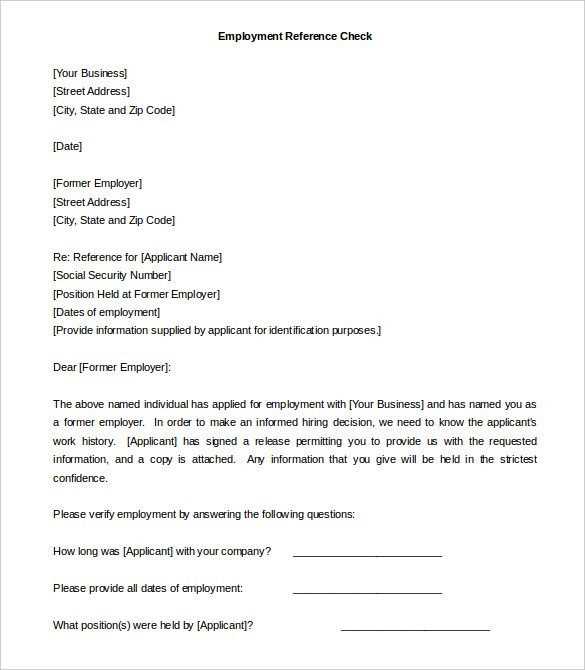
When crafting a formal appeal for support, it is important to include certain key details that will help the recipient understand your needs and respond effectively. A well-structured communication increases the likelihood of receiving a positive reply and ensures that the message is clear and professional.
Here are the essential elements you should include:
- Clear Purpose: Start by clearly stating the reason for your appeal, such as seeking a professional endorsement or recommendation.
- Background Information: Provide relevant context about your role, achievements, or the specific project that the recipient can refer to in their response.
- Specific Request: Detail exactly what you are seeking from the recipient, whether it’s a written endorsement or a verbal affirmation.
- Deadline (if applicable): If time is of the essence, mention the deadline for receiving the response to help the recipient prioritize their reply.
- Gratitude: Always express appreciation for their time and consideration in advance, reinforcing a professional tone throughout.
By including these elements, you ensure that your communication remains focused and effective, maximizing the chances of a positive outcome. It also demonstrates your professionalism and respect for the recipient’s time and effort.
How to Address Your Employer Professionally
When making a formal appeal, how you address the recipient plays a significant role in establishing a respectful tone. Properly addressing your superior or colleague demonstrates professionalism and ensures your communication is received in the right spirit.
Here are some guidelines on how to address your superior effectively:
- Use the Appropriate Title: Begin with their formal title, such as “Mr.”, “Ms.”, or “Dr.”, followed by their last name, unless you have an established casual rapport.
- Avoid Informal Language: Keep the tone formal and avoid overly casual expressions. Maintain professionalism throughout your communication.
- State Your Purpose Clearly: Ensure that the purpose of your message is clear early on, while keeping the salutation respectful and polite.
- Be Specific and Concise: Address them directly in the body of the communication, making your request clear and to the point without unnecessary elaboration.
- Thank Them for Their Time: Acknowledge their time and consideration at the start and end of your message, reinforcing respect for their responsibilities.
By addressing the recipient correctly, you set the tone for a professional interaction, making it more likely that your communication will be taken seriously and responded to positively.
Effective Practices for Crafting a Request
When reaching out for assistance or to ask for support, how you structure and present your communication plays a critical role in achieving a favorable response. Clear and professional writing enhances your chances of getting the outcome you desire.
Here are some effective strategies for crafting your communication:
- Be Clear and Direct: Start by stating your intentions right away. This helps the recipient understand your needs immediately, without any confusion.
- Keep It Concise: Avoid unnecessary details. Stick to the essential information that helps the recipient respond appropriately.
- Use Polite and Respectful Language: Always maintain a respectful tone, acknowledging the recipient’s time and effort in considering your request.
- Provide Context When Necessary: If relevant, briefly explain the background of your appeal to give the recipient a clear understanding of your situation.
- Follow Up Politely: If you haven’t received a response within a reasonable timeframe, send a gentle reminder, ensuring you remain courteous and professional.
By applying these best practices, you ensure that your message remains professional, focused, and likely to lead to a positive outcome.
Common Errors to Avoid in Your Letter
When composing a formal message asking for assistance, it’s essential to avoid certain pitfalls that could weaken the effectiveness of your communication. By being aware of these common mistakes, you can increase the chances of your appeal being well received and acted upon promptly.
Failure to Be Clear and Specific
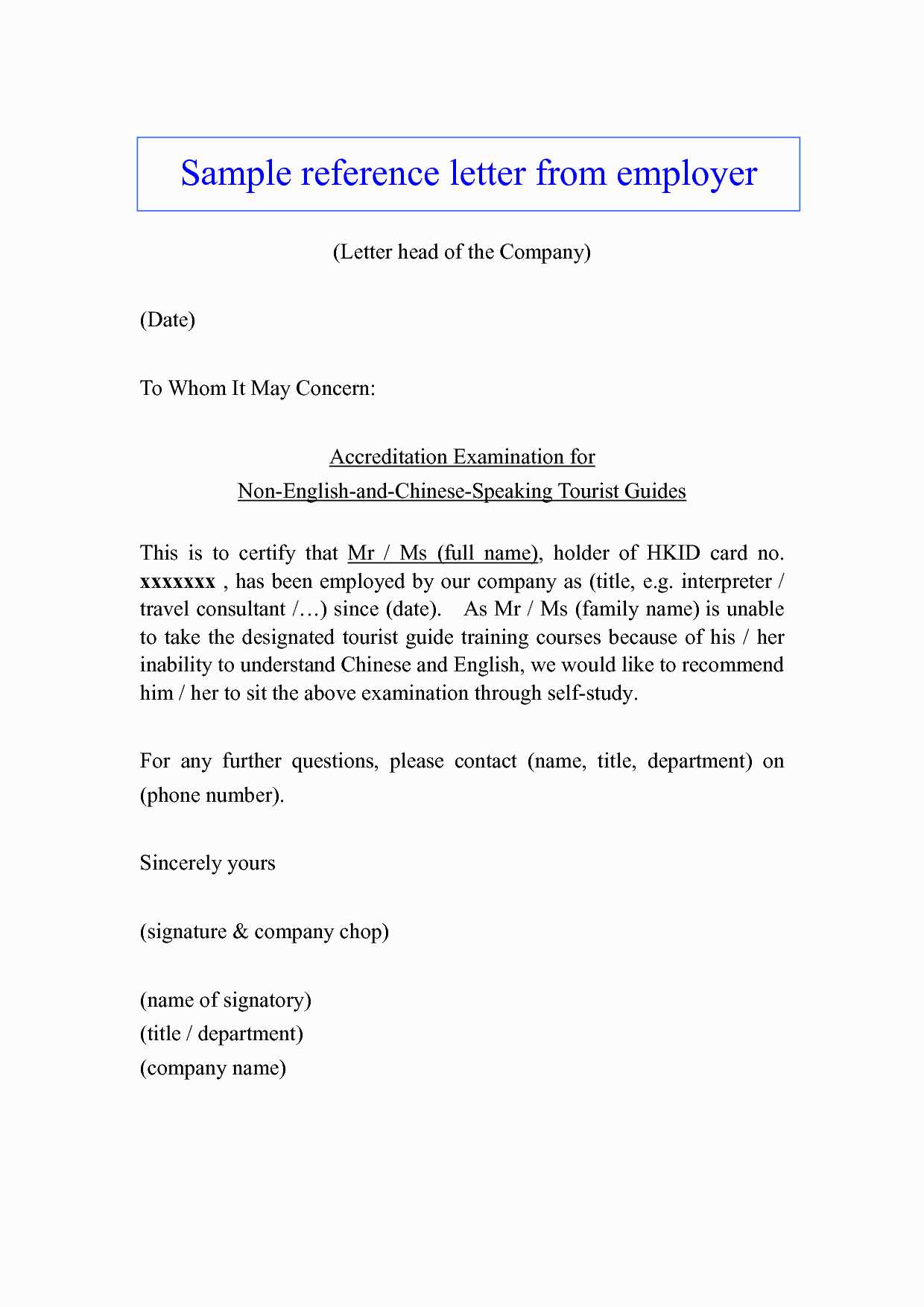
A common mistake is not clearly articulating the exact help you need. Vague requests can confuse the recipient and make it harder for them to respond appropriately. Always be specific about what you are asking for, whether it’s a formal endorsement or a piece of information.
Using Informal or Casual Language
Another error is using overly informal or casual language. While maintaining a friendly tone is important, professionalism should always be a priority. Avoid slang, abbreviations, or overly casual phrases that could undermine the seriousness of your request.
By avoiding these errors and focusing on clarity and professionalism, your communication will be more likely to yield a positive response and convey the respect and consideration the recipient deserves.
Steps to Take After Sending Your Request
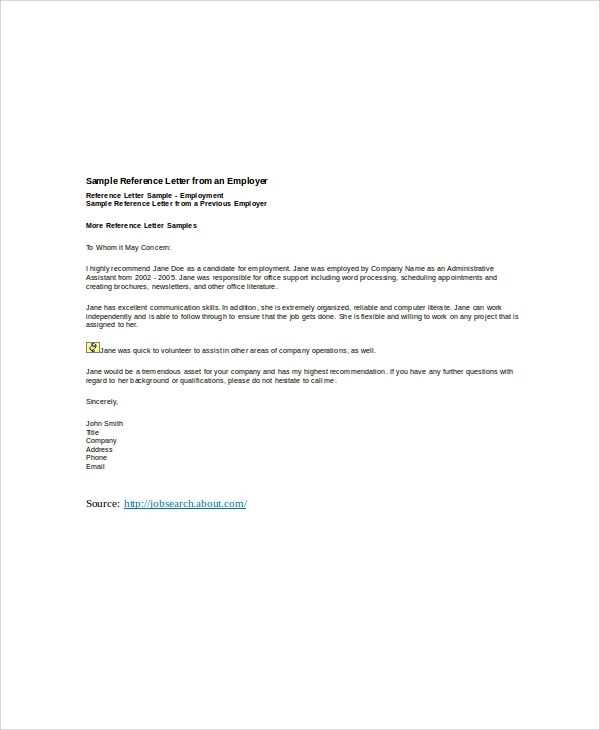
After you have sent your formal appeal for assistance, it’s important to take a few careful steps to ensure that you receive the response you need. These actions will help you manage the situation professionally and keep your communication on track.
Wait for a Reasonable Time
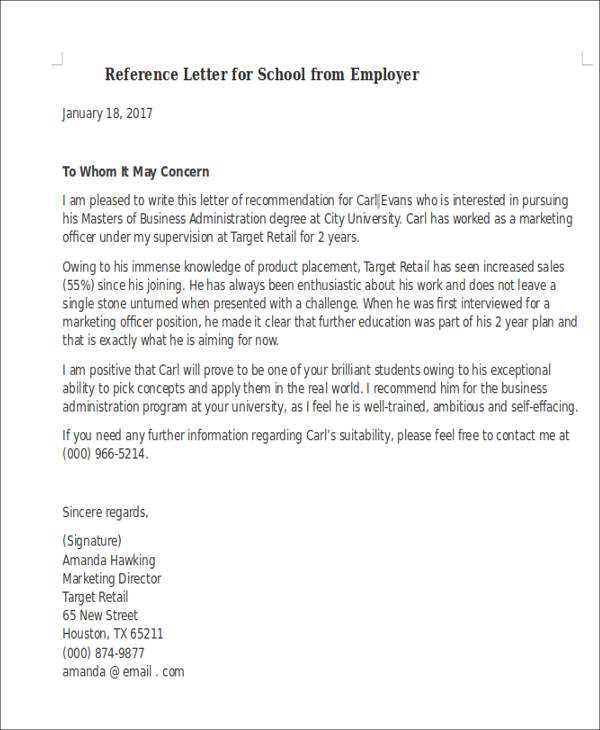
Once your message has been sent, allow the recipient some time to process it and respond. A reasonable waiting period is typically one to two weeks, depending on the urgency of the request. During this time, refrain from sending multiple follow-ups unless it’s absolutely necessary.
Follow Up if Needed
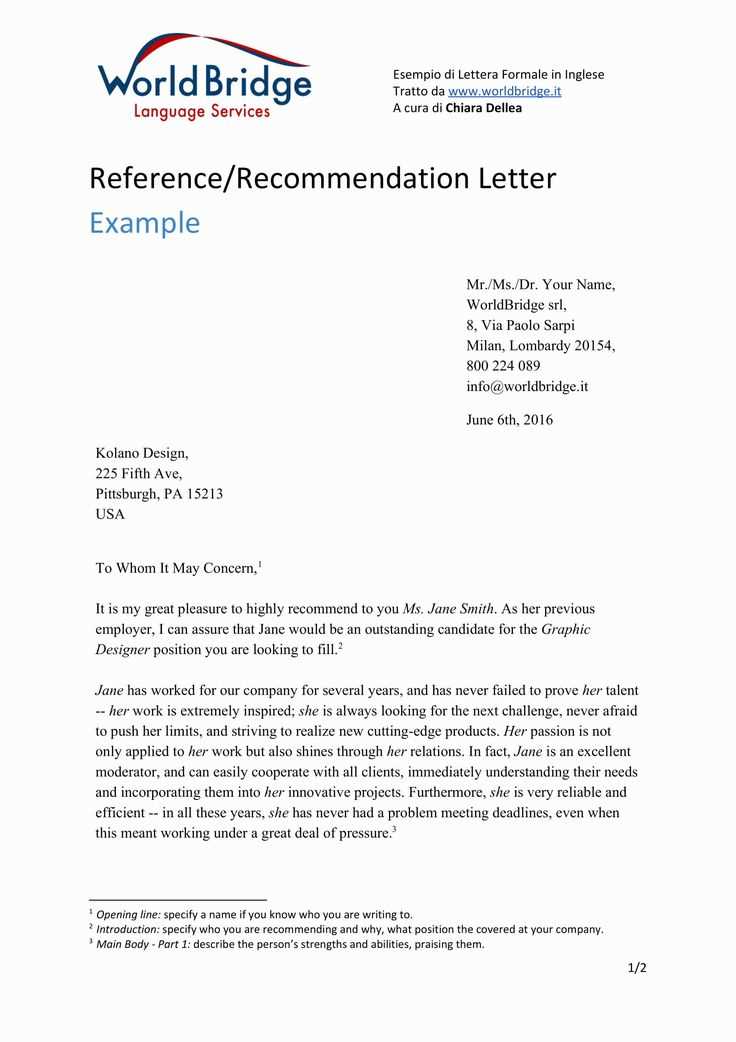
If you don’t receive a response within the expected time frame, follow up with a polite reminder. Reaffirm your request in a professional tone and express gratitude for the recipient’s time. A courteous follow-up shows your commitment without seeming pushy.
By managing the process patiently and professionally, you increase the likelihood of a favorable reply and maintain a positive relationship with the recipient.